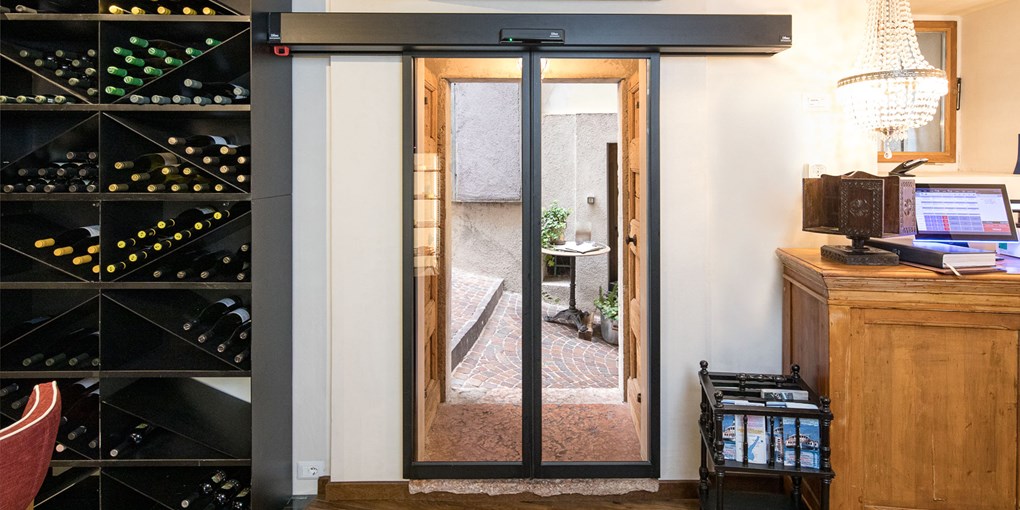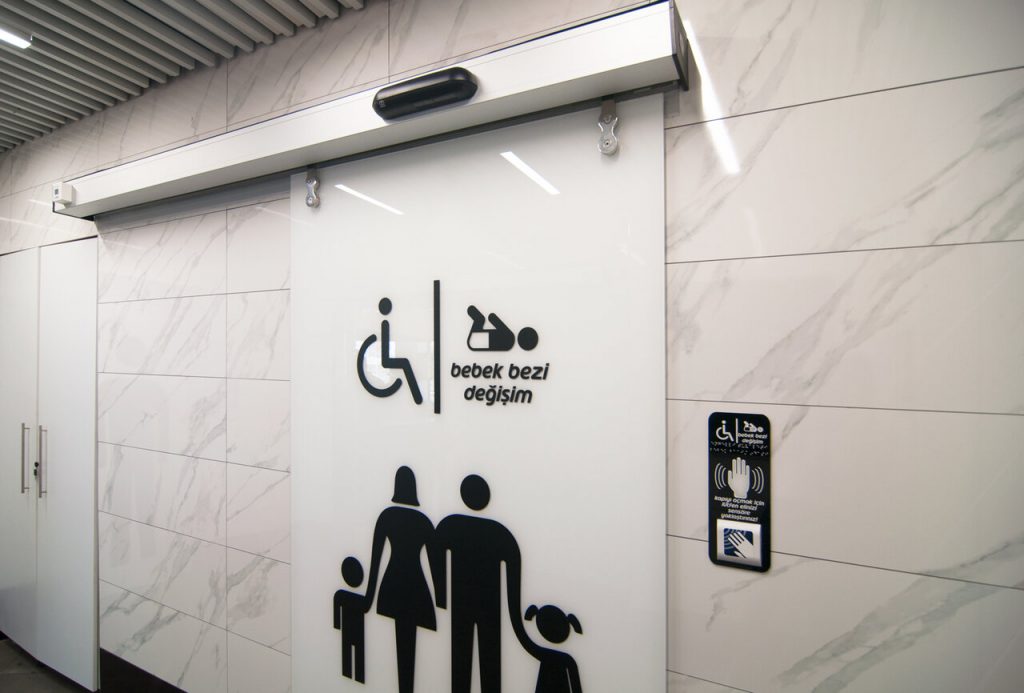
The Future of Automatic Sliding Doors: Transforming Business Efficiency and Accessibility
Estimated Reading Time: 7 minutes
- Enhanced Accessibility: Automatic sliding doors promote inclusivity.
- Improved Energy Efficiency: They minimize energy loss and save costs.
- Advanced Security Features: Enhance safety with modern technology.
- Optimized Space: Save floor space with efficient door designs.
- AI Integration: Enhance operations through smart technology.
Table of Contents
- Understanding Automatic Sliding Doors
- Technological Advancements
- Benefits of Automatic Sliding Doors for Businesses
- The Role of AI and Automation in Door Systems
- Challenges in Automatic Sliding Door Integration
- The Future is Bright: Trends in Automatic Sliding Doors
- Practical Takeaways for HR Professionals and Business Leaders
- Conclusion
- Call to Action
- FAQ
Understanding Automatic Sliding Doors
Automatic sliding doors have emerged as a crucial component in modern architectural designs, especially in the business sector. The integration of automatic sliding doors is not just a trend; it represents the future of accessibility and convenience in architecture and design. In today’s fast-paced business environment, efficiency is paramount, and these doors are paving the way for enhanced operational efficiency while improving customer experience.
Technological Advancements
The future of automatic sliding doors is being shaped by innovative technological advancements. Features such as motion detectors, safety sensors, remote access, and smart integration are becoming increasingly commonplace.
- Motion Sensors: Detects approach and triggers door to open automatically.
- Safety Sensors: Ensures safety by preventing the door from closing on individuals.
- Smart Integration: Seamlessly integrates with smart home or building systems.
Benefits of Automatic Sliding Doors for Businesses
Here are some substantial benefits:
1. Enhanced Accessibility
Automatic sliding doors provide a seamless entry point, promoting inclusivity for individuals with mobility issues.
2. Improved Energy Efficiency
They help maintain climate control, leading to significant cost savings on heating and cooling bills over time.
3. Improved Security Features
These doors can be equipped with access control systems and surveillance cameras for increased safety.
4. Enhanced Customer Experience
In high-traffic areas, they provide a more efficient experience for customers and clients.
5. Space Optimization
They save space and allow for better floor plan utilization.
The Role of AI and Automation in Door Systems
The integration of artificial intelligence (AI) is anticipated to propel these technologies into the future, optimizing operations and improving workflow efficiency.
Real-Time Data Analysis
Smart sliding doors can gather and analyze data on foot traffic patterns, customer behavior, and energy consumption, aiding in better decision making.
Task Delegation
Automation allows HR professionals to focus on more strategic tasks, enhancing team efficiency.
Challenges in Automatic Sliding Door Integration
While beneficial, businesses must be aware of challenges:
High Initial Costs
The upfront costs for installation can deter investment, but they offer long-term savings.
Maintenance and Technical Issues
Regular maintenance is essential for effective operation.
Compliance with Regulations
Ensure your systems comply with local codes and regulations.
The Future is Bright: Trends in Automatic Sliding Doors
- Sustainability Focus: Emphasis on reducing carbon footprints.
- Integration with Smart Technologies: Enhanced functionality through IoT integration.
- Customization and Aesthetics: Meeting brand designs while promoting functionality.
- Health Considerations: More focus on touchless entry systems.
Practical Takeaways for HR Professionals and Business Leaders
- Assess Your Needs: Determine the necessary entry points.
- Establish a Budget: Consider initial and maintenance costs.
- Seek Expert Guidance: Consult with technical experts for the best systems.
- Plan for Training: Ensure staff are trained on new systems.
- Evaluate Performance Regularly: Regular checks on door functionality.
Conclusion
Investing in automatic sliding doors enhances accessibility, efficiency, and technology integration. They create a welcoming environment and operational efficiencies for businesses.
Call to Action
Are you interested in exploring how automatic sliding doors can transform your business environment? Contact DELEGG today for more information on our comprehensive virtual assistant and operational efficiency services.
FAQ
Q: What are the primary features of automatic sliding doors?
A: Key features include motion sensors, safety sensors, and smart integration.
Q: How do automatic sliding doors improve energy efficiency?
A: They minimize air loss, helping to maintain climate control.
Q: What challenges should businesses consider when integrating these doors?
A: High initial costs, maintenance needs, and compliance with regulations.
Q: How can AI enhance the operation of automatic sliding doors?
A: AI can help gather data and automate functions, improving efficiency.
Q: Are automatic sliding doors compliant with accessibility laws?
A: Yes, they are designed to enhance accessibility for individuals with disabilities.





